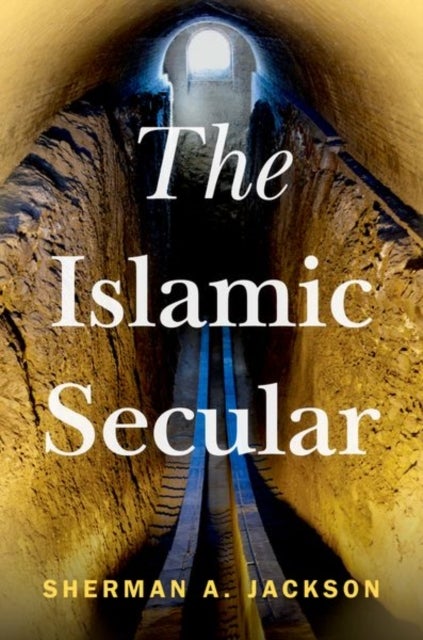
The Islamic Secular av Sherman A. (King Faisal Chair of Islamic Thought and Culture and Professor of Religion and American Studies and Ethnicity King
350,-
The basic point of the secular in the modern West is to "liberate" certain pursuits¿the state, the economy, science¿from the authority of religion. This is also assumed to be the goal and meaning of "secular" in Islam. Sherman Jackson argues, however, that that assumption is wrong. In Islam the "secular" was neither outside "religion" nor a rival to it. "Religion," in Islam was not identical to Islam''s "sacred law," or "shari''ah." Nor did classical Muslimjurists see shari''ah as the all-encompassing, exclusive means of determining what is "Islamic." In fact, while, as religion, Islam''s jurisdiction was unlimited, shari''ah''s jurisdiction, as a sacred law, was limited. In other words, while everything remained within the purview of the divine gaze of the God ofIslam, not everything could be determined by shari''ah or on the basis of its revelatory sources. Various aspects of state-policy, the economy, science, and the like were "differentiated," from shari''ah and its revelatory sou








